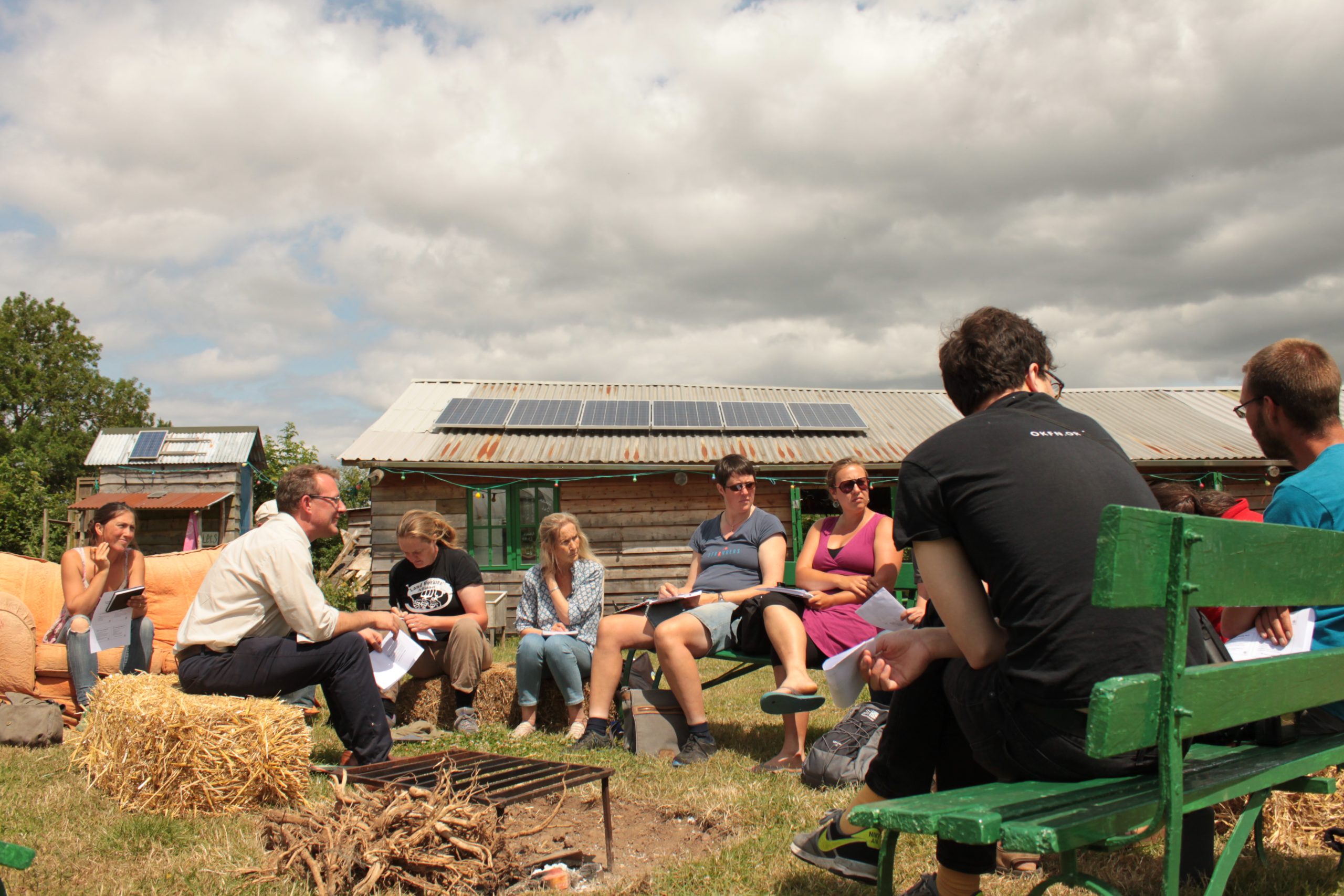
Getting a better deal for CSA farms
Date Published: 2nd August 2015
Tony Little explains how we can work together to help get a better deal for CSA farms…
Small producers get a rough deal when it comes to Government support. This is not news to anyone involved in small scale farming and that includes that vast majority of CSA projects in the UK. Because support payments are based on the physical size of the holding those who have less land get money – at if you’re really small (i.e. under 5ha), you don’t get anything at all!
So why are we so comprehensively and consistently ignored? Some think its part of conspiracy to grind small producers into the ground. I think the truth is more banal; it’s about administration. Governments want to make sure that the money goes to those who derive a significant proportion of their income from farming and growing. They want to cut out those with large back gardens or a few sheep roaming around on a couple of hectares. I think we can all sign up to that. But where they go wrong is that they use the size of the holding as an indicator of the size of the business. Administratively, it’s a wonderfully easy way to sort out the Haves from the Have nots, but as an eligibility criterion , it’s totally unfit for purpose; a market garden business turning over £50,000 on 3 Ha isn’t considered worthy of support, but a 50Ha upland sheep farm turning over a quarter of that can get up to £10,000/year.

Flintshare CSA Farm
Even so, the argument goes, the small size of farms means they produce less food and deliver fewer environmental benefits than big farms. But if we look at what the Government actually wants from its farmers, small producers, and CSA projects in particular are right on the money! These are the UK and devolved Government’s priorities for spending about £4.5 Billion of Rural Development Plan funds between now and 2020:
- Fostering knowledge transfer and innovation;
- Enhancing competitiveness;
- Promoting food chain organisation & risk management;
- Restoring, preserving & enhancing ecosystems;
- Promoting resource efficiency & transition to a low carbon economy;
- Promoting social inclusion, poverty reduction and economic development in rural areas.
It’s not hard to see how we can contribute to all of those. I won’t go into it in detail here, but our response to the RDP Wales consultation highlights just what can deliver for society.
So why, then, do we get such a raw deal? It’s partly because our production systems are so different from ‘main stream’ agriculture, producing commodity products on a large scale; the support system and the administration behind it is just not up with us in mind. But it’s also because there isn’t an effective voice for ‘food sovereignty’ movements, and for that we only have ourselves to blame. It is changing; the last few years have seen the Landworkers Alliance and our own organisation come into being, and the OGA has been around a little longer (since 2006 to be precise). But we’re minnows next to the Unions who consistently argue for the status quo, and usually get it.

Speaking at our CSA Network UK Gathering 2015
So what can we do? Firstly, all food sovereignty organisations need to work together so they can speak with one voice on issues common to us all and secondly small producers need to join these organisations; no one really knows how many there in the UK, but they number in the tens of thousands – now those are the sorts of numbers that carry weight in policy circles.
Our next opportunity to make real is change is 2020, when the next round of the CAP reform comes into being. If we start now, we can make the difference.

